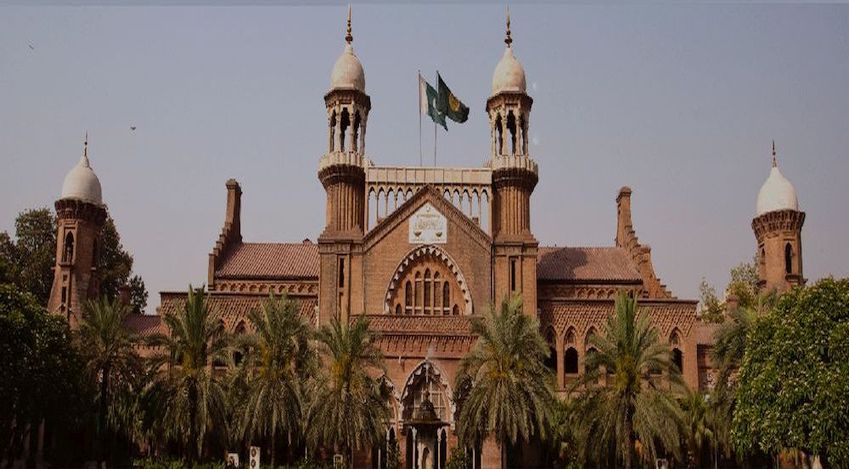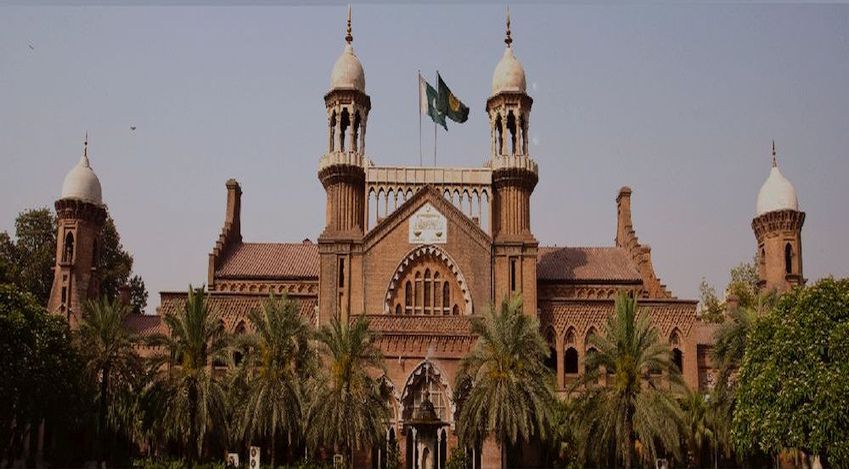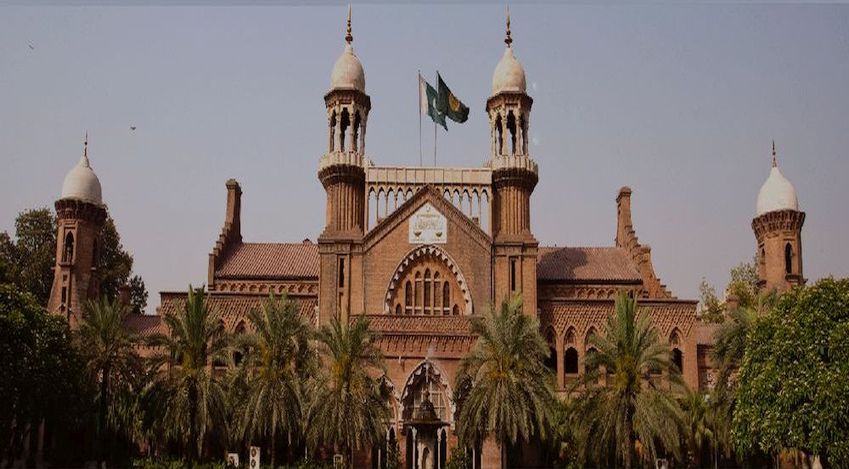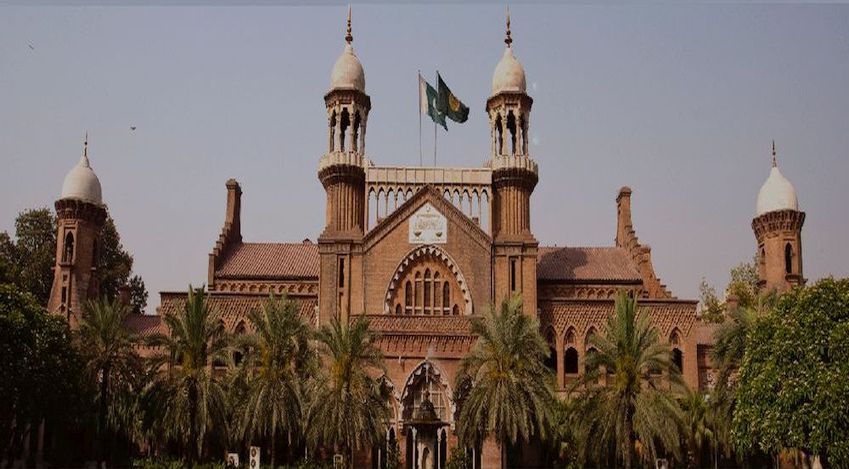Civil and Criminal Proceedings could Proceed Simultaneously if the Subject Matter Overlaps --- Lahore High Court
Islamabad 08-07-2024: In a significant ruling, the Lahore High Court has clarified the legal principles surrounding the concurrent jurisdiction of civil and criminal courts, emphasizing the need for timely justice in criminal matters irrespective of ongoing civil litigation.
The petitioner / complainant in FIR No. 38 dated February 2, 2015, registered under Section 408 of the Pakistan Penal Code (PPC), challenged the order dated December 20, 2023, issued by the Additional Sessions Judge, Lahore. The impugned order accepted the criminal revision filed by Usman Khalid, an accused in the case, and ordered the stoppage of criminal trial proceedings under Section 249 of the Code of Criminal Procedure (Cr.P.C.).
The Court highlighted that civil and criminal proceedings could proceed simultaneously if the subject matter overlaps. The decision of one court does not necessarily affect the other due to differing standards of proof—'preponderance of evidence' in civil cases and 'proof beyond reasonable doubt' in criminal cases. Mr. Justice Amjad Rafiq criticized the lower court's reliance on certain precedents, noting that the factual circumstances of those cases did not align with the present case. Accurate application of case laws is crucial for delivering just decisions.
The judgment elaborated on the proper use of Section 249 Cr.P.C., which allows a Magistrate to stop proceedings for substantial reasons. This section should not be misused to stay proceedings indiscriminately. The Court distinguished between stopping proceedings under Section 249 Cr.P.C. and staying proceedings. The latter is appropriate in specific situations, such as pending decisions from higher courts or government actions. Several Supreme Court precedents were cited, which support staying criminal proceedings only under compelling circumstances. Indiscriminate stays are discouraged to ensure the efficiency of the judicial process.
The Lahore High Court set aside the order of the Additional Sessions Judge and directed the trial court to decide the pending criminal case without undue delay. This ruling underscores the court's commitment to timely justice and the proper application of legal provisions in concurrent civil and criminal proceedings.
This judgment clarifies the boundaries of Section 249 Cr.P.C. and reinforces the importance of judicial efficiency. Legal experts believe this ruling will serve as a crucial precedent in cases where civil and criminal proceedings intersect.
Powered by Froala Editor








